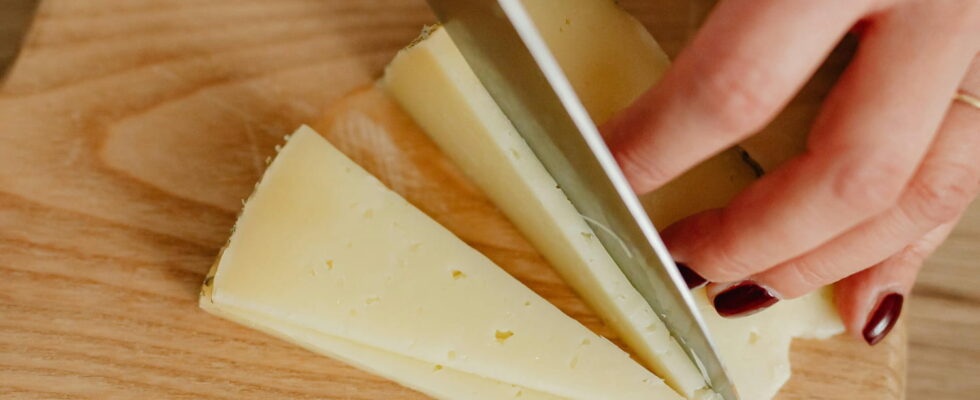Its price on the black market can reach 1000 euros per kilo.
In France, more than 1,200 varieties of cheese are listed according to the National Interprofessional Center for Dairy Economy (CNIEL). Hard dough, soft dough, cow’s, goat’s or sheep’s milk… Dairy product lovers are spoiled for choice. But among all these productions, one cheese intrigues as much as it disgusts: a cheese so controversial that it was designated “the most dangerous in the world” by the Guinness World Records in 2009. And it comes from Italy…
Produced specifically in Sardinia, this cheese made from sheep’s milk, known by several local names, has a frightening characteristic: it is infested with live maggots. These are larvae of a fly, the “Piophila casei”, which intervenes in its unique maturation process. These larvae are deliberately introduced into the cheese. The larvae digest the proteins in the cheese and transform it into a soft, creamy, and particularly fragrant paste. According to fans, this cheese offers a spicy flavor reminiscent of Mediterranean herbs and leaves a lingering aftertaste.
Although prized by locals and even sometimes considered an aphrodisiac, it can be dangerous for health due to the artisanal manufacturing conditions and open-air storage of the cheese. Not meeting European regulatory standards, this cheese called “casu marzu”, “casu frazigu”, “casu modde” or even “casu cundhídu” has been banned for sale in European countries since 2005.
At the end of 2023, a petition from Italy was sent to the European Commission to request the restoration of its status as a food and edible product. The request was rejected in January 2024. For the Commission, this is not a “safe food to consume” : “The larvae can survive stomach acid and remain in the human intestinal tract, resulting in a parasitic infestation called ‘pseudomyiasis’. Additionally, the larvae can carry pathogenic microorganisms that can lead to infections.”
The Italian authorities also prohibit the placing of casu marzu on the Italian market because of its dangerousness. It remains sold on the black market at prices of up to 1000 euros per kilo. In Sardinia it is often served on special occasions and remains deeply rooted in local tradition. But you will have understood, it is better to just admire it.
